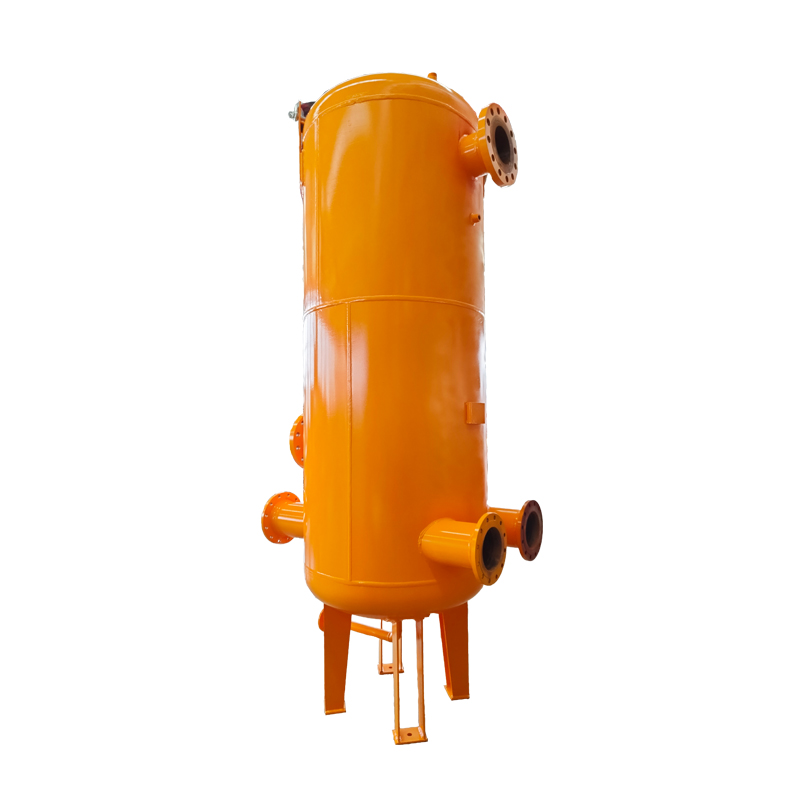
Nov . 19, 2024 04:23
Back to list
Natural Gas Filtration Techniques for Enhanced Purification and Efficiency in Energy Production
The Importance of Natural Gas Filters in Modern Industry
Natural gas has become a cornerstone of energy consumption worldwide. As industries increasingly rely on this cleaner fossil fuel, the need for effective filtration systems becomes paramount. Natural gas filters play a critical role in ensuring that the gas delivered to homes, commercial establishments, and industrial facilities is both safe and efficient. By removing impurities and contaminants, these filters help maintain the integrity of gas systems and enhance overall performance.
What Are Natural Gas Filters?
Natural gas filters are specialized devices designed to remove solid particulates, liquids, and other contaminants from natural gas before it reaches end-users. They operate on various principles, including mechanical filtration, coalescing, and adsorption, to capture particles ranging from larger debris to microscopic impurities. Common contaminants include dust, dirt, pipeline rust, water, and organic compounds, all of which can compromise the safety and efficiency of natural gas use.
Types of Natural Gas Filters
There are several types of filters used in natural gas processing and transportation
.1. Coalescing Filters These filters are designed to separate water and hydrocarbon liquids from gas streams. They work by allowing smaller droplets of water to merge into larger ones, which can then be easily removed. This is crucial because the presence of water can lead to corrosion and other issues in pipelines.
natural gas filter

2. Particle Filters These remove solid particulates, such as dirt or metal shavings, from the gas. They are essential for protecting downstream equipment like compressors and turbines, which can be damaged by abrasive particles.
3. Activated Carbon Filters Used primarily for removing odors and trace hydrocarbons, these filters adsorb volatile organic compounds. They play a crucial role in ensuring that the natural gas supplied to consumers is not only efficient but also free from unpleasant smells.
Benefits of Using Natural Gas Filters
The integration of natural gas filters into gas supply systems offers numerous benefits. First and foremost, they enhance safety by preventing contaminants from causing explosions or leaks. Additionally, filtration systems improve the efficiency of combustion processes in appliances, leading to better energy utilization and reduced greenhouse gas emissions. Moreover, filtered gas minimizes wear and tear on infrastructure, thereby reducing maintenance costs and extending the lifespan of equipment.
Conclusion
As the world shifts towards cleaner energy sources, natural gas remains a vital part of the energy landscape. The incorporation of effective natural gas filters is essential for ensuring the safe and efficient utilization of this resource. By investing in high-quality filtration systems, industries not only enhance their operational efficiency but also contribute to a more sustainable energy future. As technology continues to evolve, ongoing advancements in filtration methods will likely yield even more effective solutions for purifying natural gas, ultimately benefiting both users and the environment.
Latest news
-
Safety Valve Spring-Loaded Design Overpressure ProtectionNewsJul.25,2025
-
Precision Voltage Regulator AC5 Accuracy Grade PerformanceNewsJul.25,2025
-
Natural Gas Pressure Regulating Skid Industrial Pipeline ApplicationsNewsJul.25,2025
-
Natural Gas Filter Stainless Steel Mesh Element DesignNewsJul.25,2025
-
Gas Pressure Regulator Valve Direct-Acting Spring-Loaded DesignNewsJul.25,2025
-
Decompression Equipment Multi-Stage Heat Exchange System DesignNewsJul.25,2025

